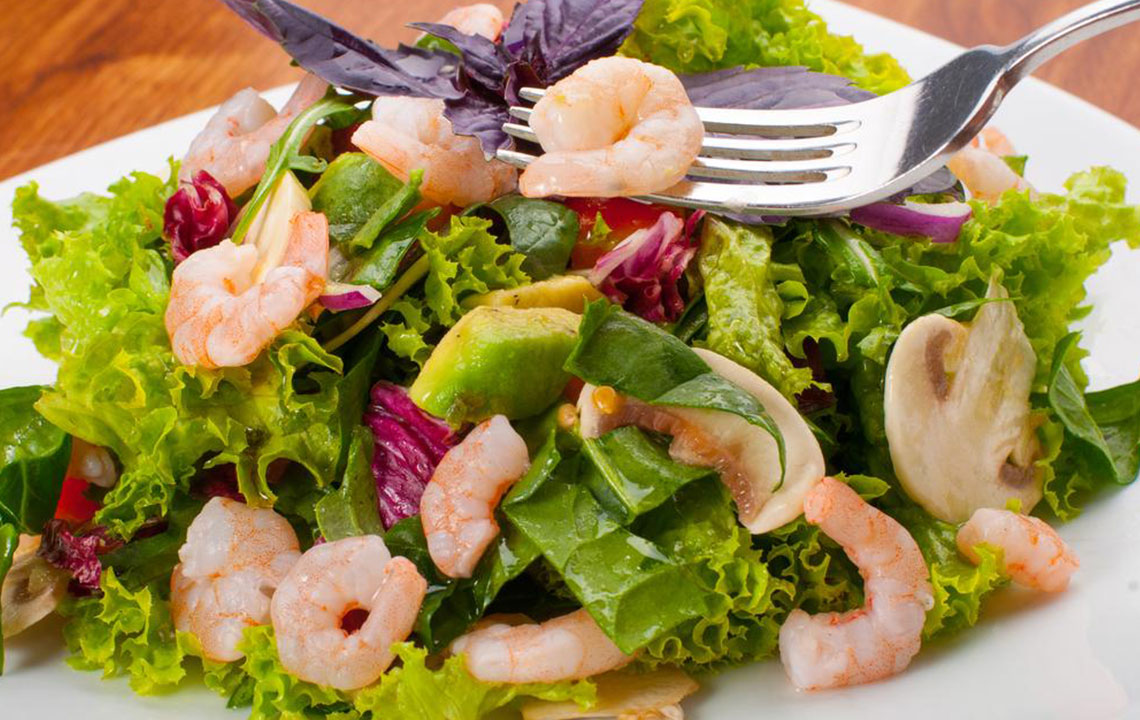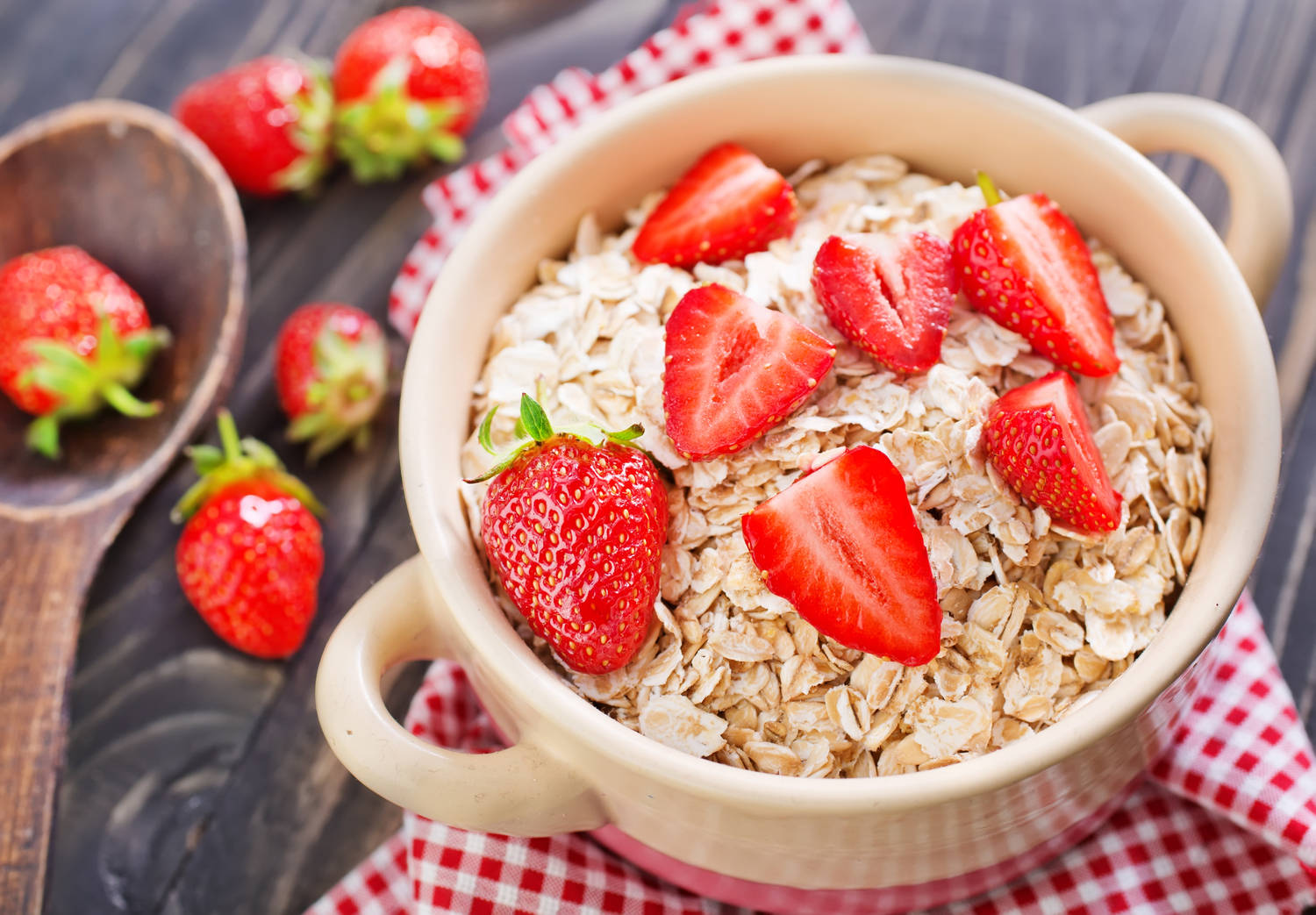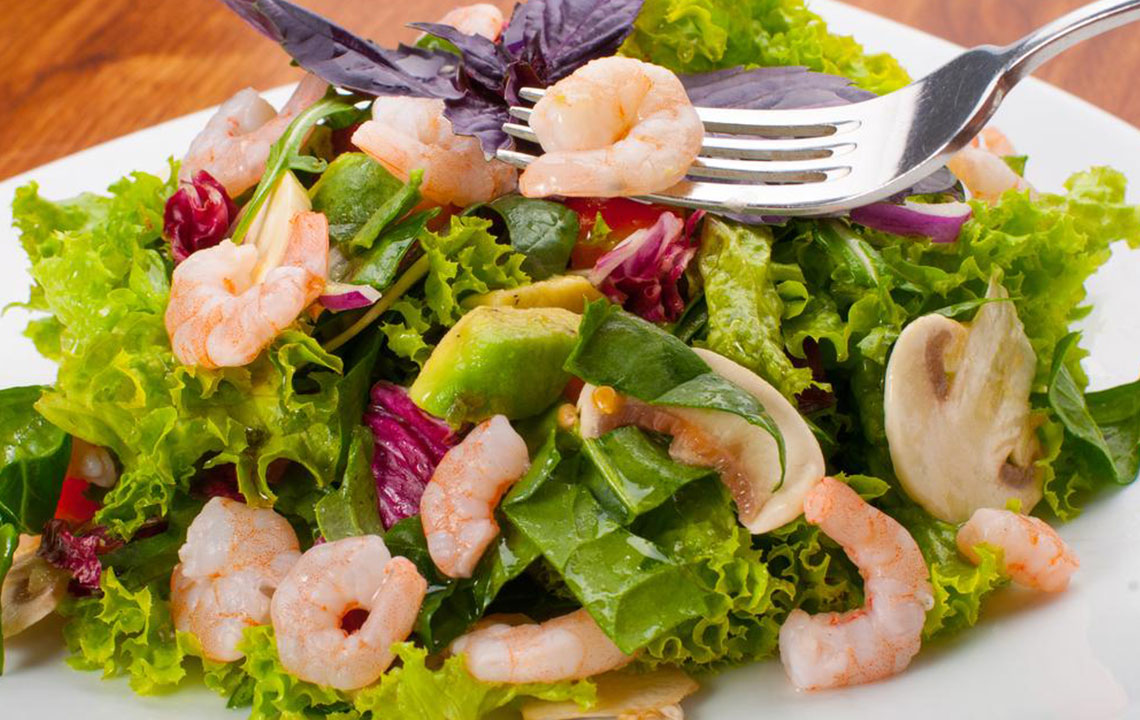Immediate Dietary Strategies to Alleviate Acid Reflux
Discover immediate dietary strategies to manage acid reflux effectively. This guide highlights foods to include and avoid, lifestyle tips, and triggers to help alleviate symptoms quickly. By making informed changes, you can reduce discomfort and promote better digestion for lasting relief.
Sponsored

Effective Diet Plan to Manage Acid Reflux Quickly
Do you frequently experience burning sensations in your chest? This may indicate Gastroesophageal Reflux Disease (GERD), commonly known as acid reflux.
During digestion, a ring of muscle called the sphincter at the stomach entrance closes after eating. When it weakens or relaxes improperly, stomach acids can flow back into the esophagus, causing discomfort. Persistent reflux leads to chronic acid reflux issues.
Common Causes
Hiatal hernia, a stomach abnormality, often triggers acid reflux.
Lying down or bending forward after heavy meals.
Being overweight or obese increases risk.
Trigger foods include tomatoes, garlic, onions, spicy, and fatty dishes.
Smoking and alcohol consumption contribute to reflux.
Intake of caffeine, carbonated drinks, and snacking before bed can worsen symptoms.
Pregnancy and certain medications like blood pressure pills, aspirin, and ibuprofen can also cause reflux.
Recognizable Symptoms
Heartburn characterized by a burning feeling from the chest up to the throat, along with regurgitation, is common. Bitter-tasting acids may reach the throat and mouth. Additional signs include nausea, bloating, frequent hiccups, belching, blood in stool or vomit, difficulty swallowing, unexplained weight loss, dry cough, wheezing, hoarseness, and sore throat.
Adapting your diet and lifestyle can significantly reduce reflux symptoms. Eliminating trigger foods and eating smaller, frequent meals instead of large ones can provide relief. Incorporating healthy food choices and avoiding fatty and irritating foods are key steps for managing acid reflux effectively.
Including soothing foods such as vegetables, lean proteins, and whole grains helps minimize symptoms. Avoid foods like citrus fruits, chocolate, spicy, fried, and fatty foods, as they can aggravate reflux. Managing weight and avoiding eating before bedtime are also beneficial strategies. Living a healthy, active lifestyle supports overall digestive health and minimizes reflux episodes.
Recommended Foods: Vegetables like cucumbers, leafy greens, broccoli, beans, and asparagus; oatmeal; ginger tea; non-citrus fruits such as apples and bananas; egg whites; lean meats like chicken and fish; healthy fats from olive oil, avocados, and nuts.
Foods to Limit or Avoid: High-fat foods, chocolates, citrus fruits, caffeine, mint, and spicy or greasy foods. These can relax the esophageal sphincter or increase acid production, worsening symptoms.
Adopting a balanced diet, controlling trigger foods, and maintaining an active lifestyle can effectively mitigate acid reflux symptoms. Recognizing personal triggers and making conscious dietary choices will enhance digestive comfort and prevent flare-ups.






